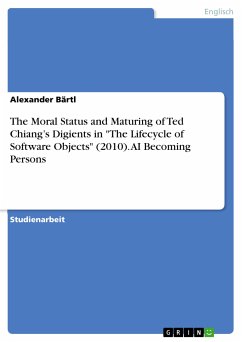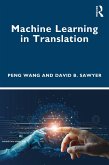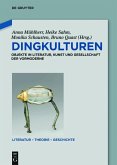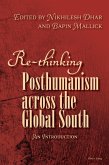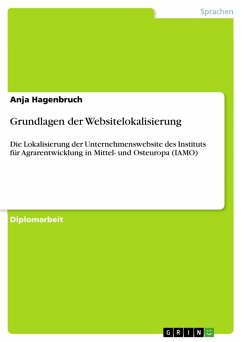Studienarbeit aus dem Jahr 2022 im Fachbereich Amerikanistik - Literatur, Note: 1,7, Technische Universität Dresden (Institute of English and American Studies), Veranstaltung: Ghosts in the Machine: Cultural Narratives of Artificial Intelligence, Sprache: Deutsch, Abstract: With Ted Chiangs "The Lifecycle of Software Objects", a short story is given where artificial beings gradually become entities with moral status, that is artificial persons. The coming-of-age story explores the digients in their process of cognitive maturing, their altering position within society, and their intrinsic significance. By frequently putting the digients in parallel to other, already existing agents, Chiang's text, first, discovers and emphasizes the digients' uniqueness as distinct beings. Second, these parallels challenge present conceptions of life and consciousness, and human's attitude to-wards other (organic and non-organic) beings. This paper analyzes Chiang's narrative according to the following research questions: How are the digients depicted as persons and how is their role in society being discussed in terms of AI ethics? In this matter, further questions become relevant: What makes an entity a person? How should digients be treated and why do analogies to other agencies seem to fail? How can artificial beings grow up when they lack organic features and, thus, the decay of the body? If conscious AI existed, which possibilities and dangers regarding the human-machine relationship occur? How does the text challenge existing societal norms and values? This paper assumes that the digients are progressively and multi-layered implemented into the human world on an emotional and legal level. It postulates that, on the one hand, they do matter as a unique species and, on the other hand, that their similarities to already existing agencies reveal a call for action to not only deal with the future human-machine relationship but also with the general human conduct of interacting with other (human and non-human) entities and the environment.
Dieser Download kann aus rechtlichen Gründen nur mit Rechnungsadresse in A, B, BG, CY, CZ, D, DK, EW, E, FIN, F, GR, HR, H, IRL, I, LT, L, LR, M, NL, PL, P, R, S, SLO, SK ausgeliefert werden.
Hinweis: Dieser Artikel kann nur an eine deutsche Lieferadresse ausgeliefert werden.

